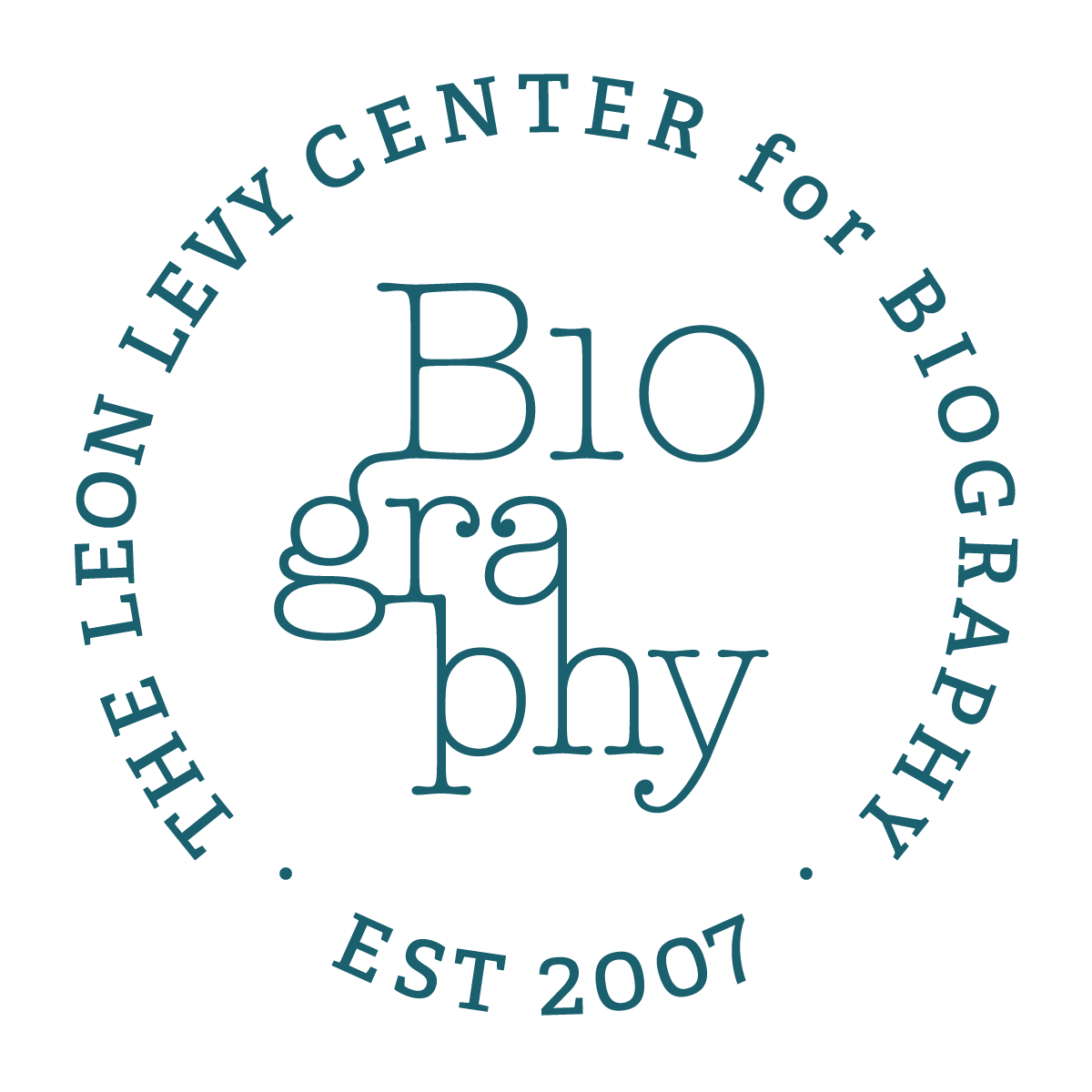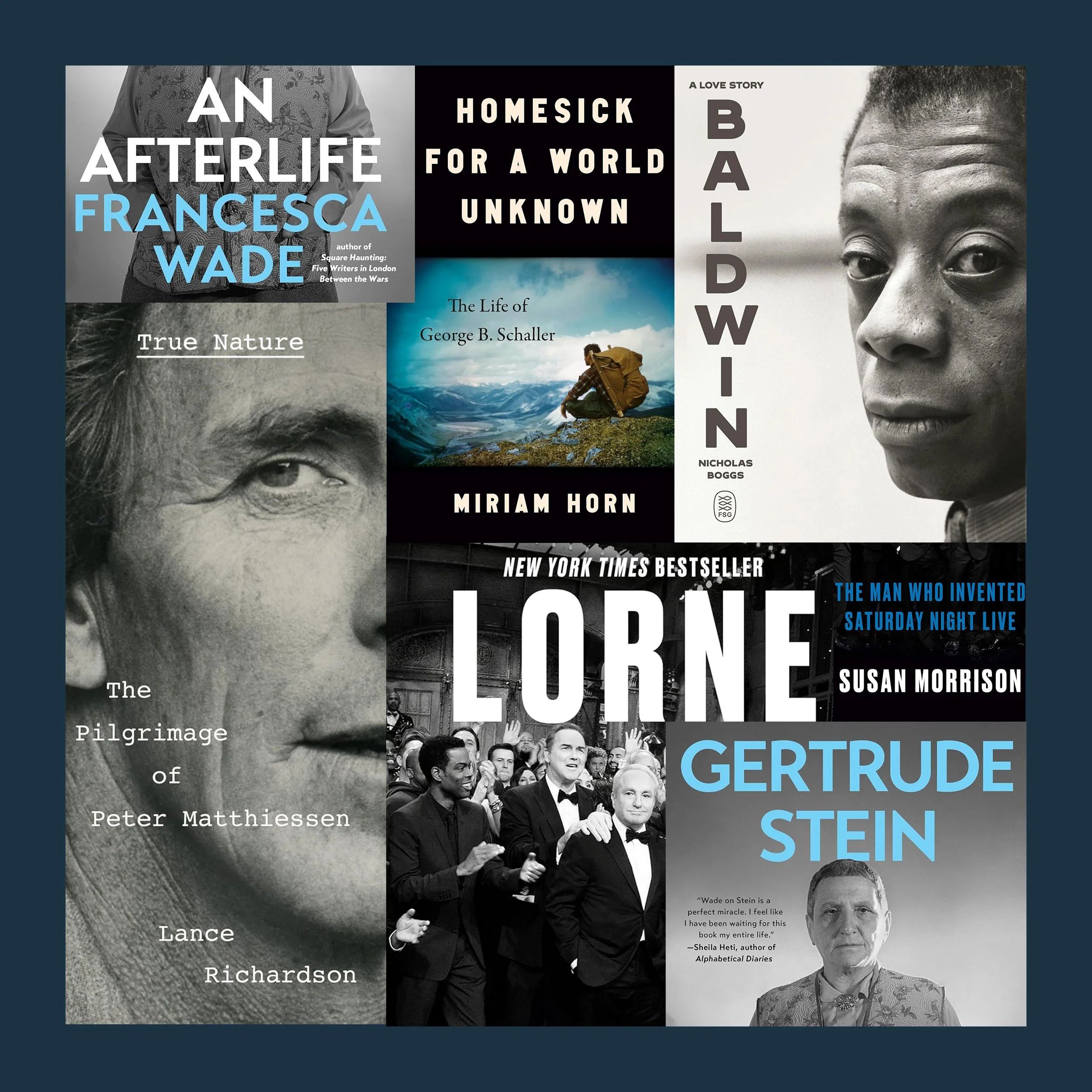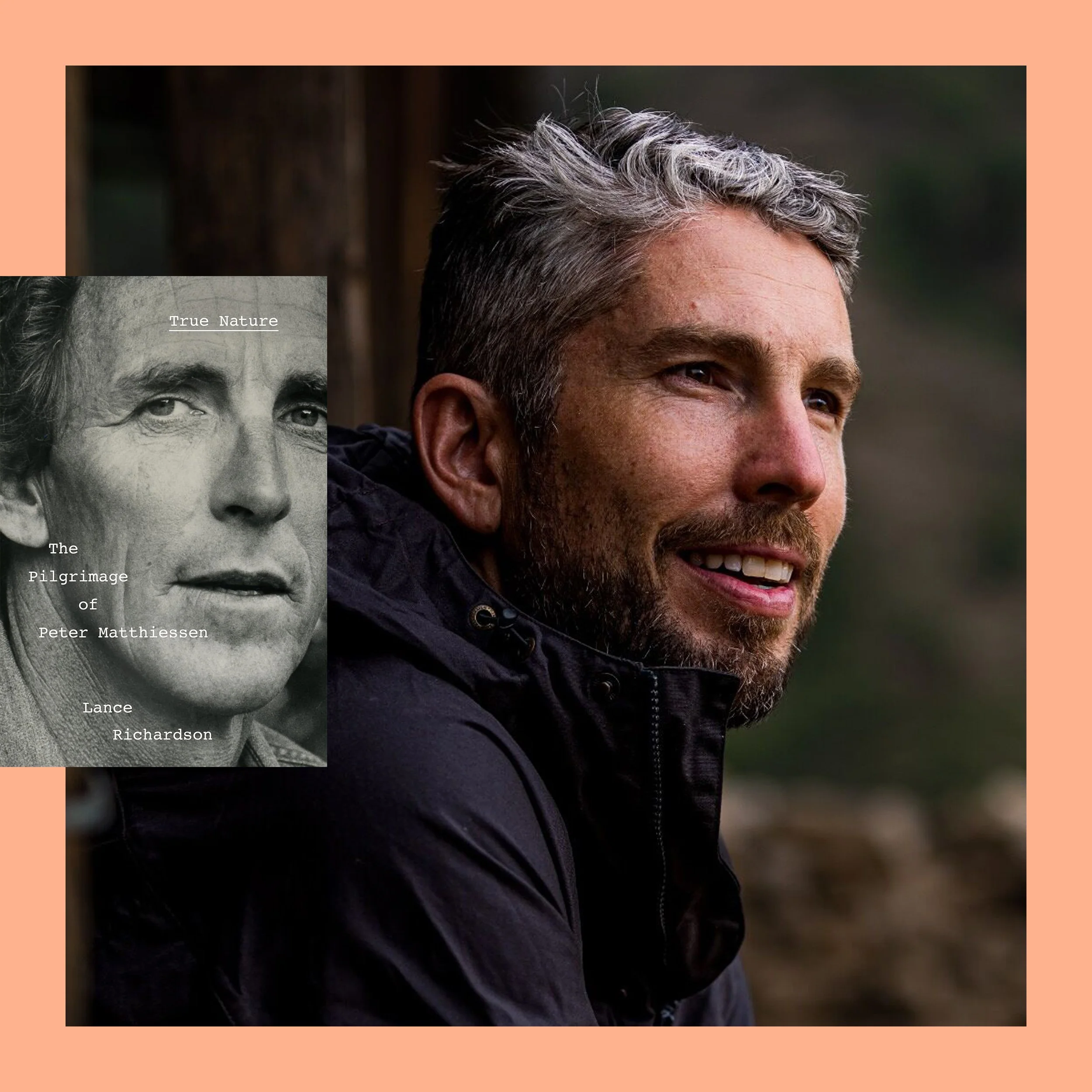How the Leon Levy Fellowship Became a Launchpad for Acclaimed Biographies
In an extraordinary feat, all fellows from a single year have brought their biographies to fruition, with the last set for release next spring.
Originally posted by The Graduate Center, September 30, 2025.
Check out The Graduate Center’s Instagram post.
Five years ago, when Francesca Wade began what she termed a “completely transformative” fellowship at the CUNY Graduate Center’s Leon Levy Center for Biography, she had, she said, “little more than a kernel of an idea” for a biography of writer Gertrude Stein.
In May, her book Gertrude Stein: An Afterlife was published in London, drawing positive reviews. And in October, the book will debut in the U.S., which Wade describes as a homecoming for Stein, an American who lived her adult life in Paris.
The release is also a home run for Wade, who joins three other Leon Levy Center for Biography fellows from 2020 – 2021 in having their biographies published this year, all to critical acclaim. The biography by the fifth fellow from that year is due out next spring.
"Biography is arduous, painstaking work,” said Kai Bird, the Pulitzer Prize-winning biographer who directs the Leon Levy Center. “It is most unusual for all five of our biography fellows from the same cohort to publish within the same year.”
Wade and her fellow fellows, in turn, praise the year-long fellowship — one of only a handful in the U.S. exclusively for the writing of biography — which offers access to research facilities, research assistance, and a stipend, for incubating their work.
Susan Morrison’s biography of Saturday Night Live creator Lorne Michaels, Lorne: The Man Who Invented “Saturday Night Live,” came out first, in February, to praise and popularity.
It debuted at number four on The New York Times bestseller list in March. A Times reviewer described it as “briskly written and solidly sourced.” The Los Angeles Times called the book, which combines reporting from the SNL set with extensive interviews, “indispensable, especially for SNL completists.”
In a public conversation with Times columnist Maureen Dowd at the Graduate Center in April, Morrison, an editor at The New Yorker, said she conceived the book 10 years before it came out and spoke to Michaels about 50 times and to “all of his people.”
She had completed about 80% of her reporting and was just beginning what she describes as “the daunting task of paring down the material and writing chapters” when she started the Leon Levy fellowship.
“The fellowship was a dream, for several reasons,” she said recently over email. She was far from colleagues on Shelter Island at the start of the COVID lockdown, and “having this group of engaged, bright, fun people to Zoom with and discuss biographical conundrums once a month was a lifesaver,” she said. “I'd never written anything approaching this in length or complexity, and hearing advice and tips from the other fellows, and from Kai Bird and Thad, was indispensable,” Morrison added, referring to the center’s executive director and associate director, Thad Ziolkowski.
Nicholas Boggs’ Baldwin: A Love Story, a biography of the writer and civil rights activist James Baldwin, released in August, similarly catapulted to The New York Times bestseller list and drew accolades.
Now a finalist for the Kirkus Prize, the book was hailed in the Times as “stunning,” written with “a commanding, sure-footed authority and comprehensiveness, subtle and solemn at once, that dazzles and awes.”
Boggs, who will discuss his book at the Graduate Center on November 19, discovered Baldwin when he was in ninth grade. Later, he shepherded a manuscript of a children’s book by Baldwin into a published work. He spent 30 years on his Baldwin biography in part because, he said at a book tour event at Politics and Prose bookstore in his hometown of Washington, D.C., he had no idea what form it would take. He also admitted he had never read an entire biography before receiving his book contract. “I never thought of myself as a biographer, even as a scholar,” he said. “I thought of myself as a writer.”
By the time he began his Leon Levy Center fellowship, a year after receiving his contract, he acknowledged that he was a biographer.
The fellowship “had an immensely positive impact,” he said. “The sense of community, even or especially during the pandemic, and the focused attention on my writing in the meetings, as well as simply the time and freedom to focus on the book, were invaluable.”
Lance Richardson had written one acclaimed biography and was in the early stages of his second one on writer Peter Matthiessen when he started the fellowship.
“Writing a book is already a lonely endeavor, and the pandemic isolation threatened to make it even lonelier,” Richardson said. “But the Leon Levy fellowship, because of our regular Zoom discussions, gave me a sense of community support that proved vital in the early stages of writing.”
Richardson’s book True Nature: The Pilgrimage of Peter Matthiessen is already drawing attention and accolades ahead of its October publication. A review in The American Scholar described the book, which is based on over 200 interviews, as “enthralling, expertly told, and based on extraordinary research.”
Writer and environmental advocate Miriam Horn received her fellowship for a biography of wildlife biologist George Schaller, which comes out from Penguin Press in April.
She was deep into her research but hadn’t started writing the book when she began the fellowship, which “could not have come at a better time,” she said. “Our monthly Zooms were a respite from the doubled isolation of the pandemic and biography-writing.
She, like Wade, praised her research assistant, Graduate Center History Ph.D. candidate Kate Kelley, who helped her organize and track down documents and even translate materials from German.
Horn especially valued Bird’s urging her and others to write even as their research continued. “I had been procrastinating, telling myself that I had to just read a few more field journals,” she said. “But I did not want to squander the benefit of having such brilliant readers.” She knuckled down and started writing.
She advises other biographers and aspiring biographers to do the same. “Heed Kai,” she said. “Start writing before you feel ready.”
She added, “Perhaps most importantly, find many people who will listen to you talk and talk about your subject, so you don’t wear any one of them out.”
Original post by The Graduate Center’s Office of Communications and Marketing
Curious about our Fellows?
Subscrible to our mailing list
Stay on top of all our events, announcements and important application deadlines.
We respect your privacy and will never spam your inbox.






